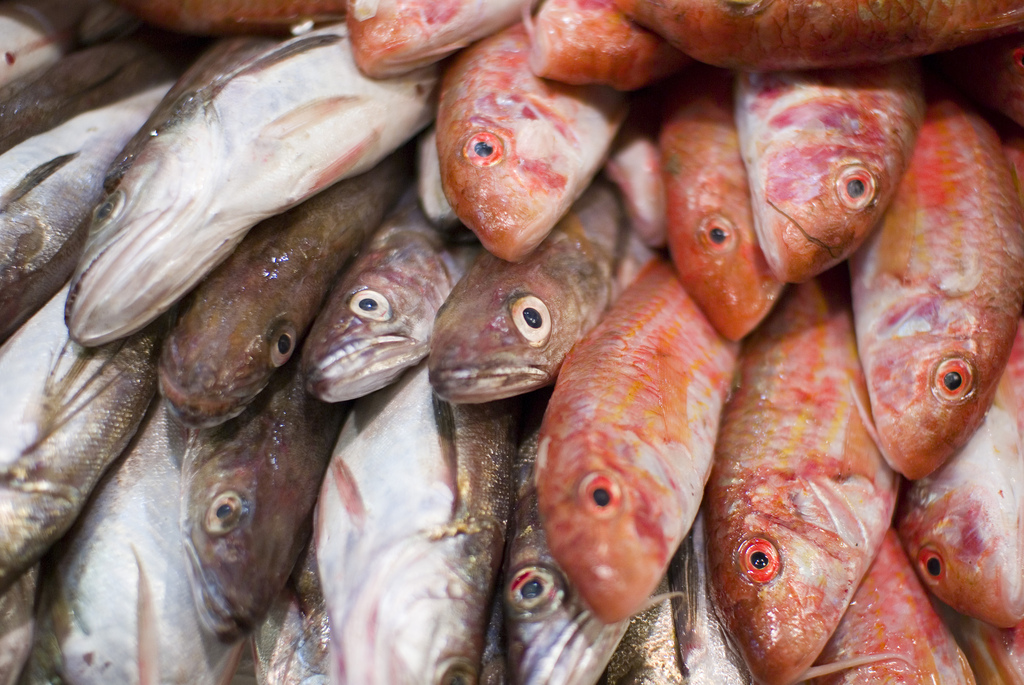Article by Katy Orford, National Assembly for Wales Research Service
 In May 2014, the European Commission proposed a regulation that would prohibit fishing with driftnets in EU waters. In broad terms, the proposals would apply a blanket-ban on driftnet fisheries regardless of the size of net used. The Commission stated that its rationale behind the proposals was the on-going non-compliance with the existing EC regulation by some Member States. This blog post sets out where the proposals are at currently and follows on from a previous post on the move to ban driftnets. The proposals have been faced with opposition. Welsh fishermen say that the ban will have serious consequences for Wales. The Welsh Government has stated that the proposal is ‘very blunt and inappropriate’ highlighting that small scale driftnet fisheries in Wales bear no resemblance to the large scale driftnet fisheries in operation in the Mediterranean and Baltic seas where the problems identified by the Commission exist. The previous UK coalition Government holds similar concerns and other Member States and the European Parliament have expressed strong criticism towards the proposed regulation as it has moved through the European legislative procedure.
In May 2014, the European Commission proposed a regulation that would prohibit fishing with driftnets in EU waters. In broad terms, the proposals would apply a blanket-ban on driftnet fisheries regardless of the size of net used. The Commission stated that its rationale behind the proposals was the on-going non-compliance with the existing EC regulation by some Member States. This blog post sets out where the proposals are at currently and follows on from a previous post on the move to ban driftnets. The proposals have been faced with opposition. Welsh fishermen say that the ban will have serious consequences for Wales. The Welsh Government has stated that the proposal is ‘very blunt and inappropriate’ highlighting that small scale driftnet fisheries in Wales bear no resemblance to the large scale driftnet fisheries in operation in the Mediterranean and Baltic seas where the problems identified by the Commission exist. The previous UK coalition Government holds similar concerns and other Member States and the European Parliament have expressed strong criticism towards the proposed regulation as it has moved through the European legislative procedure.
The Draft Report
The European Parliament’s Fisheries Committee (PECH Committee) appointed a Rapporteur, Renata Brianco, to lead its work on the proposals. The Rapporteur published a Draft Report on 30 January 2015 which suggested several amendments to the Commission’s original proposal. These included:
- Prohibiting all driftnets over 2,500 metres but allowing the continued use of smaller driftnets provided they don’t target a list of species included in a new Annex. These include different species of tuna, dolphins and sharks.
- Where smaller driftnets are used it requires that they are supervised at all times, that they have markers or buoys to denote their position and that masters of fishing vessels are required to record when they are used and whether there was any unintended by-catch.
- Failure to implement these rules should be considered a ‘serious infringement’.
- Allowing regional fisheries agreements to introduce a blanket ban on driftnet fishing if required for their region provided that the alternative fishing gear would not cause more environmental damage.
Environment and Sustainability Committee
The National Assembly for Wales’ Environment and Sustainability Committee is undertaking an inquiry into the proposed prohibition of driftnet fisheries as part of its wider work on European affairs. In February this year the Committee wrote to the Chair of European Parliament Fisheries Committee, MEPs representing Wales and the Commissioner for Environment, Maritime Affairs and Fisheries. This was to highlight some initial findings based on evidence it had heard from stakeholders in Wales including fishing organisations, environment NGOs and government bodies. The Committee’s stance was that whilst it ‘fully supports the taking of action to address large scale illegal and environmentally damaging driftnet fisheries it is gravely concerned about the potential impact of a blanket ban’. This view was informed by evidence which highlighted that:
- the blanket ban could have devastating impact on the Welsh fleet and consequently coastal communities;
- the small scale driftnet fisheries in Wales have negligible environmental impact;
- if a blanket ban is enforced vessels could be encouraged to use other gear such as bottom-set gill nets that could be more environmentally damaging.
The Committee recommended that proper enforcement of existing legislation could address current issues caused by illegal driftnet fisheries without the need for a blanket ban. If the proposals are not withdrawn, the Committee recommended exemptions for small scale sustainable driftnet fisheries. The Committee supported the proposals of the draft report but also suggested further amendments to ensure that fish caught via illegal driftnet fishing cannot be bought or sold within the EU’s seafood supply chain. The Committee received a response to its findings from the EU Commissioner for Environment, Maritime Affairs and Fisheries, Commissioner Vella on 23 March 2015. The Committee visited Brussels earlier this month to discuss the content and status of the proposal with the European Commission and MEPs.
Current status of the proposal
A vote was expected to take place within the PECH Committee on 7 May 2015 on the draft regulation. However, due to calls for the outright rejection of the draft proposal, it was decided that the proposal would be sent to the Committee on Constitutional Affairs for an opinion. The vote is now expected to take place in September 2015 in the European Parliament. The Council of Ministers is yet to adopt a common position. *Image from Flickr by Procsilas Moscas. Licenced under Creative Commons.






